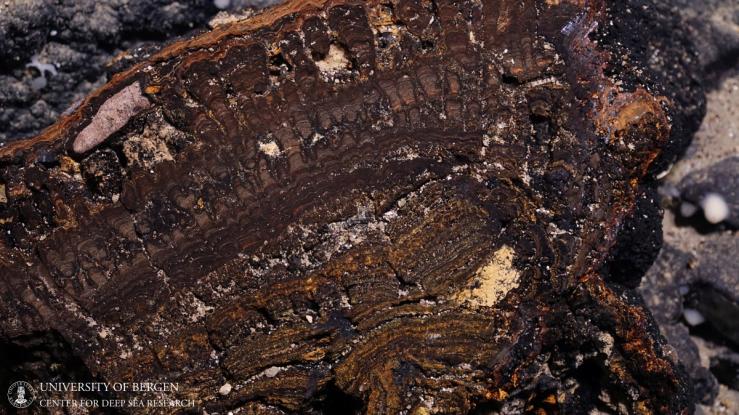The News
The World Wildlife Fund is suing the Norwegian government over its plans to open up large areas of the seabed for “destructive” deep-sea mining, saying the ecological and environmental consequences are still unknown.
Despite fierce opposition from environmental activists and international calls for a moratorium over the potential impact on marine wildlife, Norway’s parliament in January voted to become the first country in the world to allow deep-sea mineral exploration on a commercial scale.
At least two companies have submitted requests for licenses, with Oslo saying that mining the Arctic seabed is critical to boost Europe’s production of crucial rare-earth minerals and metals such as copper, nickel and manganese.
SIGNALS
Oslo says seabed mining necessary to break China’s dominance
Norway says the controversial decision to allow deep sea mining will help Europe to break China and Russia’s monopoly over the production of rare earths, needed for green technology such as electric vehicle batteries and solar panels. But activists say Norway’s rush to start the unproven practice of seabed mining — going against warnings from marine scientists, the European Union and others — suggests it is more about finding a new profit stream that could be comparable to the country’s decades-long oil boom. Many of the Norwegian companies seeking exploration licenses are linked to oil companies. “There is much to indicate that the government’s haste may be due to the hope of finding the new oil,” wrote Martin Melvær of Bellona, a Norwegian climate NGO.
Seabed disruption may accelerate climate change
In addition to ecological damage, some scientists warn that the disruption of the seabed caused by mining could release more carbon dioxide into the atmosphere, accelerating the effects of climate change. Seabed disruption stirs up about 1 gigaton of carbon every year — nearly as much as that produced yearly by the global aviation industry — and up to 60% of that carbon is eventually released into the atmosphere, according to a study published in Frontiers of Marine Science. The rest remains in the ocean, causing acidification that destroys coral reefs. However, some researchers have criticized the study for overestimating the amount of carbon found on the ocean floor.
Huge Norwegian phosphate deposit could boost European autonomy
Meanwhile on land, a British-Norwegian mining company last year completed its exploration of a massive, newly discovered Norwegian deposit of phosphate, which is used to produce electric vehicle batteries and solar panels. While not a rare earth, phosphorus is also used in semiconductors and computer chips, and the vast find could help provide more autonomy for the West, the co-founder of Norge Mining told the website Euractiv. Global supplies of phosphate had been dwindling, but Norway is estimated to have 70 billion tons of the material, enough to meet world demand for the next 50 years, Foreign Policy reported. “It has the potential to significantly reduce Europe’s import dependence on autocratic regimes, especially China,” Matthias Wachter of the Federation of German Industries told the magazine.



